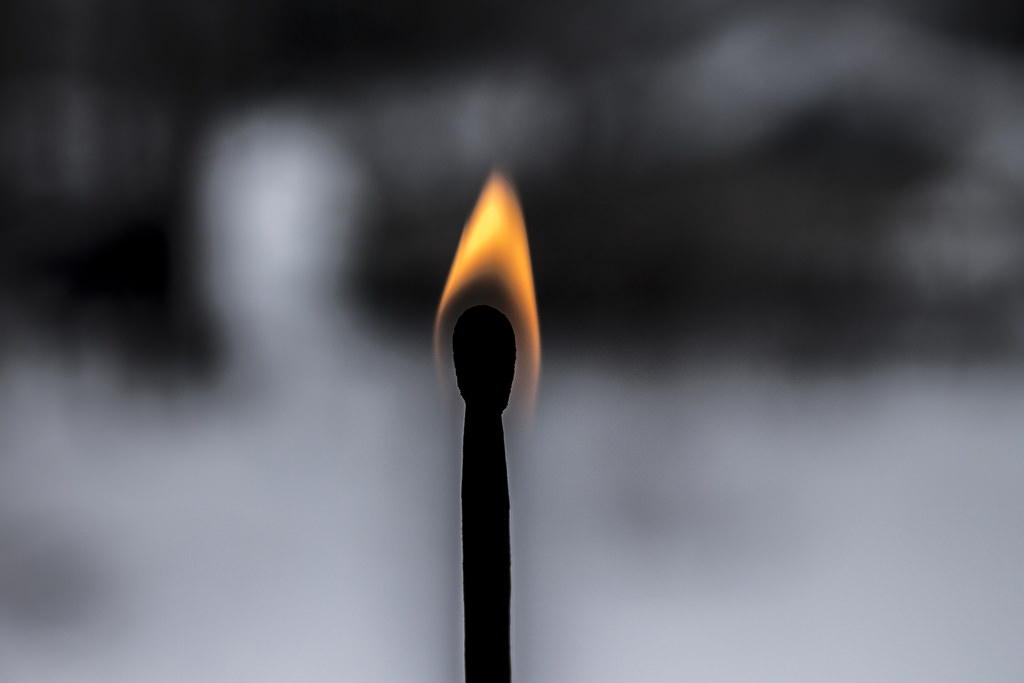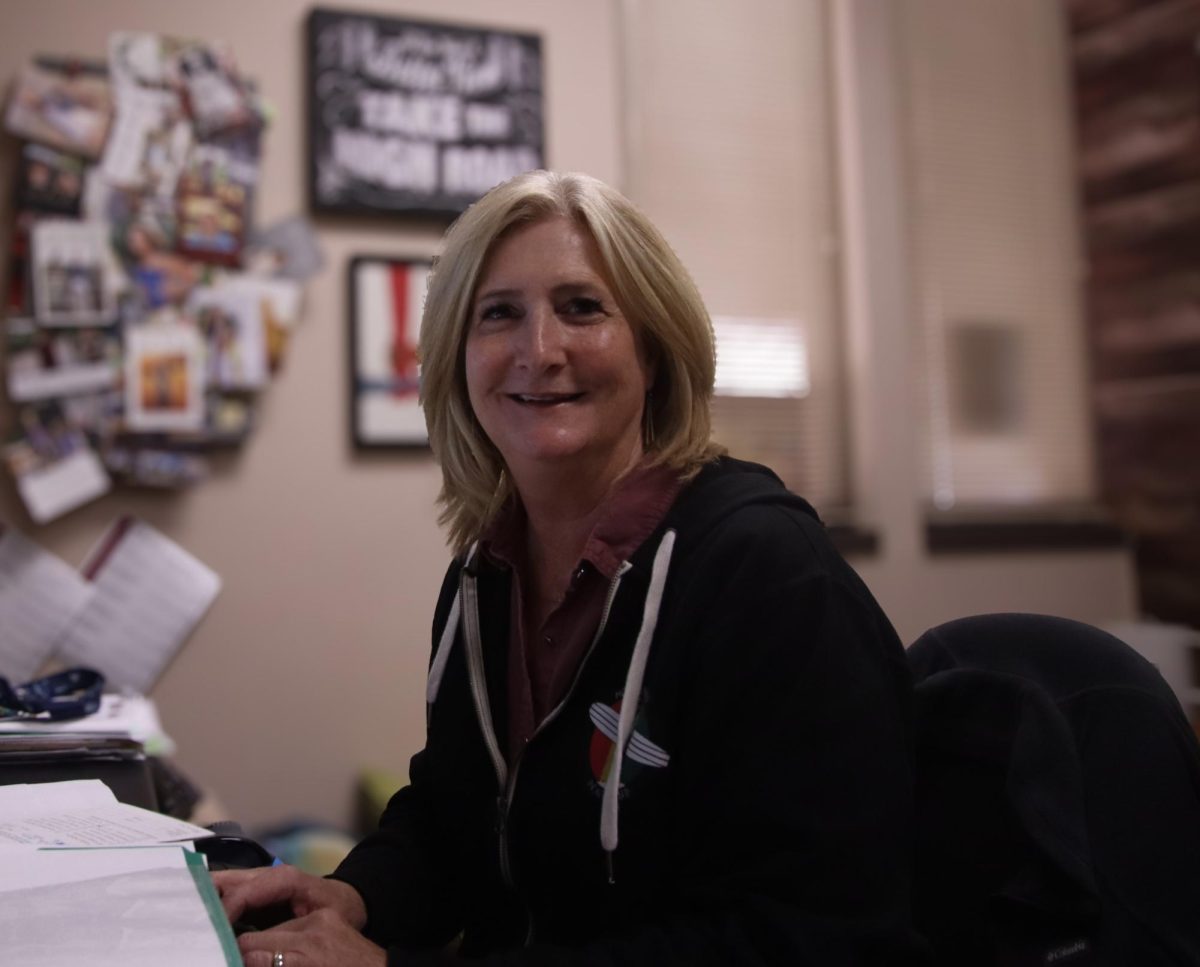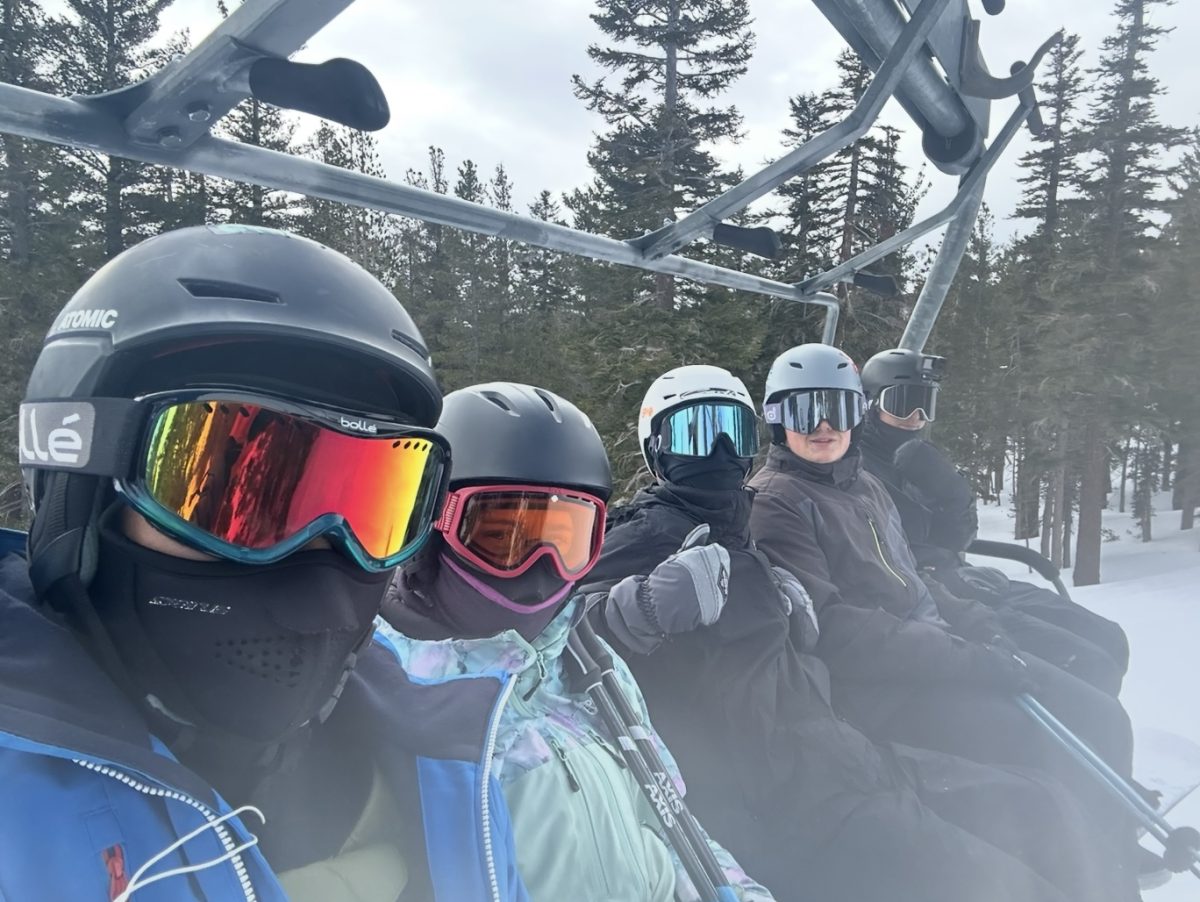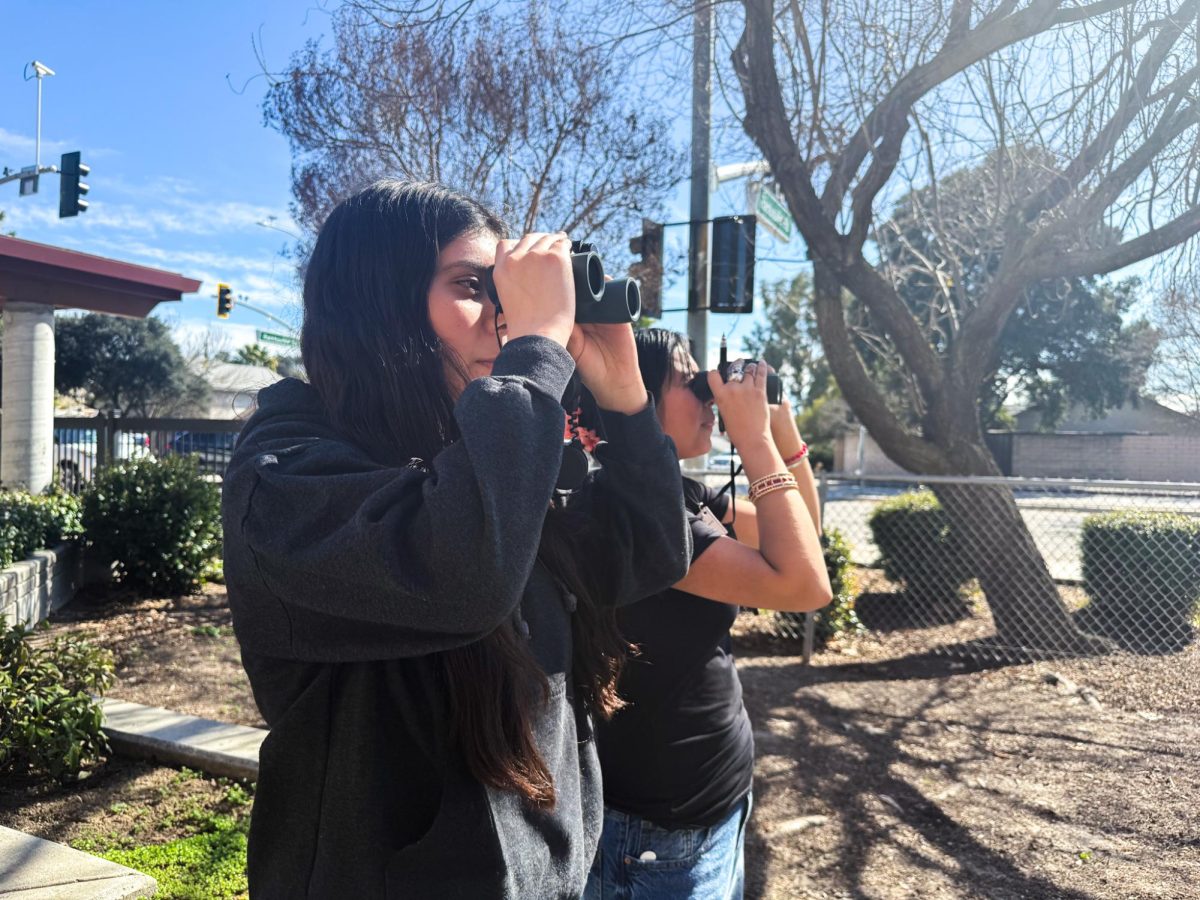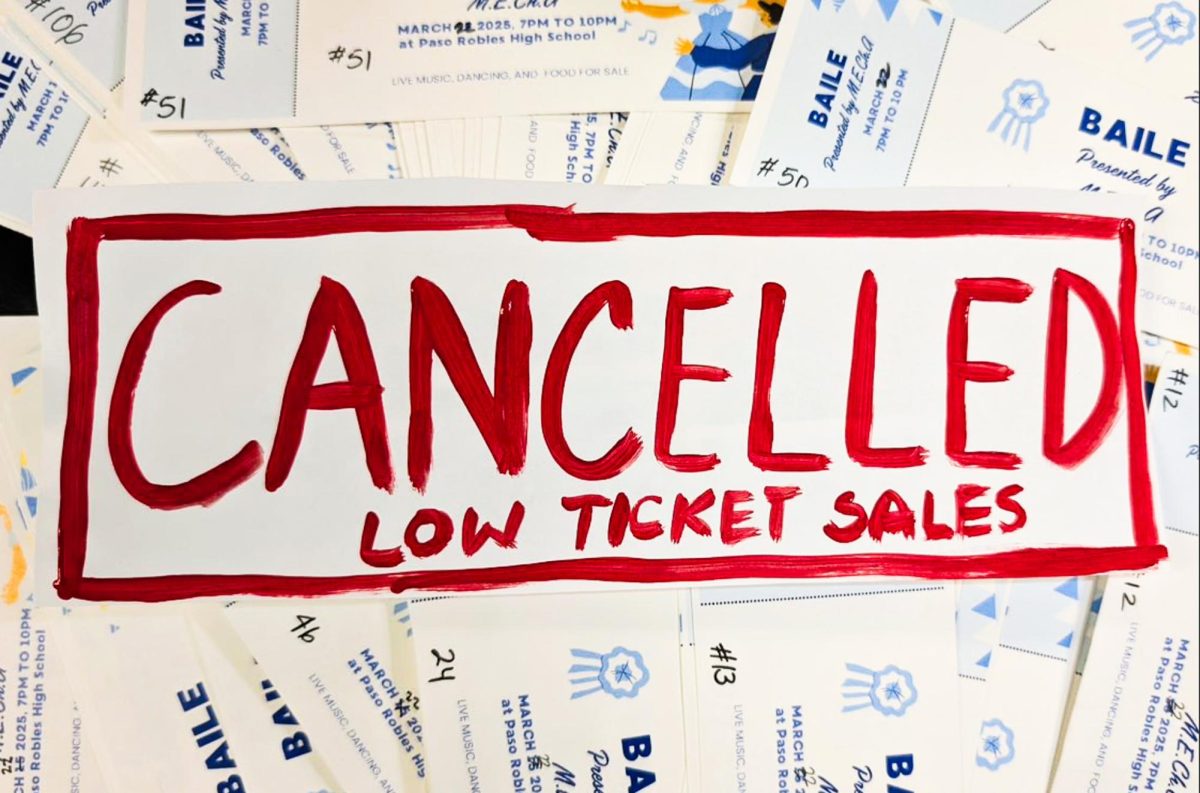Two things you should know about me:
- My name is fear. Nice to meet you.
- I am curious.
Now, I am not, perhaps, like the way you think me to be. I am not the very things you are afraid of, a formless being, let’s say, that hides under your bed like a monster, something that takes the shape of what scares you most in your dreams. Unless your motto is “the only thing to fear is fear itself”, which, I’m sorry to say for all you self-proclaimed brave souls, is not true at all.
Everyone is afraid of something. I should know.
No, I have a specific job to do: I am the one who gives you those fears. Happy birthday to you.
In your times of weakness, of immense care for something to the point of insanity (though, to be fair, I think caring for anything is insanity), it is my delightful job as fear himself to ignite a spark of fear, one that burns atop a match of my own design, in your heart at the right moment. These are not just any matches: these are deep, almost midnight blue matches, topped with silver tips that glitter when lit. It’s beautiful, really, the way that such a deep, rich color could give way to a glittering bright flame. My matchbox is less impressive, made of cardboard and wrapped with wrinkled, singed white paper. The striking side is more grey than red from overuse. I use this box to house and carefully strike my matches. Once they’re placed inside you, that is the entirety of my job. You do all the work after that: I then step back and watch you stoke the glittering silver flames that burn like stars inside you, beautiful yet truly terrifying, fueled by your dwelling on it and how much it could, potentially, hurt.
The fact is, though, the flames from my matches never start any bigger than your fingernail. Your could easily put them out with a little willpower, with acts as a flame-quencher when used properly. You just choose to make them much bigger than they started.
That is my cross to bear, and I bear it well. I don’t always enjoy my job, especially when my subject is innocent, like a youngster in the dark. But when my subject is someone of ill-intentions, someone who takes pleasure in causing people pain, I in turn take more pleasure in match-lighting than I should.
But back to my list. I am curious, like I said. Out of my gloomy, emotionally draining job, I take interest in following special cases.
Two things that interest me the most:
- People who believe they’re fearless
- People who aren’t afraid of death
The first of the two is the most humorous and, at the same time, perplexing for me; those arrogant souls that think they can scour the globe for things to fear and come back empty-handed. Don’t make me laugh. Everyone is afraid of something, because everyone cares about something, whether it be as deep a care as a family member or as shallow as their inheritance. You’re fooling yourself if you think any different.
The second of the two is most curious to me: those who, when on death’s door, staring directly into death’s eyes, don’t give me the opportunity to spark fear into their hearts, don’t fan the flames enough to let their fear of death consume.
I like these people. I follow them whenever I can. This story is about one of those people, and is probably one of the most interesting, curious cases I’ve ever come across: one of the ones who wasn’t afraid of death. For a long time, I couldn’t figure out how they did it. How could someone not fear death? What’s not to fear? It was at the time of the story, following this particular girl, that I found the answer.
She was a girl who had no reason to be afraid. That is, until age twelve.
Evony Baumann was a textbook German. Her blond wavy locks that glowed when the sun kissed them; her fair, porcelain skin blended in well with the rest of her country; she was gentle, graceful, an embodiment of the German features they so prized in her time.
Except for her eyes, which were not the bright, pale blue you might expect, but the darkest, deepest midnight blue I had ever seen. Their beauty, their color that matched the beloved matches in my matchbox, brought tears to my eyes. I loved them.
And I was interested in them. They were her first act of defiance against the system that was supposed to protect her: the Aryan race.
Likewise, if Germany was a person, her father Hans Baumann would be him. From the outside, he emanated all that the German empire held dear: he waved the German flag with tangible pride; he spoke often and with great fondness of the goals of the Aryan race; he walked up and down the streets of Berlin with an air that could only be categorized as distinctly German. He could have been the Fürer’s best friend.
As far as books go, father and daughter had the most attractive, most patriotic, most German covers in the library.
Until you look inside. Until you read the first page.
On the first page, in bold letters, it reads: Hans decided to start taking in Jews.
In 1939 Germany.
In Berlin, where the heart of death beat the fastest, and the sour smell of Nazis enveloped all who lived there like a cloud.
Don’t judge a book by its cover.
It was then that I began to take action.
Father and daughter, you should know, were never fearless. As I said before, no one is fearless. They knew that, too, and had plenty to be afraid of: of the livelihoods of their Jewish stowaways, of raising suspicion in Hans’s workplace (which was situated uncomfortably close to Hitler’s own office), of not being able to uphold morality in a community that had thrown morals out the window, letting them come crashing down on their victims with fatal force. They gave me, sadly, many opportunities to strike my glittering matches on my wrinkled matchbox.
Many times, Hans was afraid of death. Even though he knew in his heart of hearts that he was doing the right thing, saving innocent people from their own country, he could picture death in his mind’s eye as knocking on his front door, a dark gleam in his eye, grasping his daughter with a grimy, scabbed hand and drawing her down into the depths of darkness.
He often put himself in his daughter’s place in this image, too. And he knew he could not turn back, could not un-shelter the Jews he took in, and could not leave his daughter out of the equation; this, and his fear of death lurking about the streets of Berlin caused him great anxiety, great pain, and little sleep, as the twinkling match in his heart began to burn with the strength of a wildfire.
But not Evony.
At least, not yet.
So I followed her.
In the days that followed that fateful moment of Hans’s decision, the Nazi stench in Berlin become omnipotent and overwhelming, circulated through the air by an increasing number of Nazi flags, mixed with the smell of death that could be found around many a street corner. It became harder and harder for Hans not to let any of his peers open his front cover. It became harder and harder for him to explain spontaneous disappearances to his household: his daughter could only be sick for so long, his plumbing could not spontaneously combust forever, he could not possibly have forgotten something at home at exactly 3:21 pm every single day. It didn’t add up, and the Nazis did the math.
Their calculations led them to the Baumanns’ door.
Death followed close behind.
And as the SS officers climbed the steps of their home, I took out one of my matches with its silver, glittering tip. I was ready.
That first flame practically flew straight into Hans’s heart as soon as his brass door knocker betrayed him with three loud thuds that resounded throughout the house. The flame in his heart gave Hans the telltale symptoms of fear: the heat caused sweat to trickle down his brow, and his hands trembled at the fire within. He tried to wipe these features away, hiding them behind a wall of pure German. I, however, would not be fooled. I could see my match burning.
Evony was also afraid: afraid for the 10 Jews that breathed below in her basement, afraid that they would never breathe again.
It was she that opened the front door, in order to give her father more time to conceal the Jews breathing below. It was she that confronted the Nazis first.
As they spoke to her, their rough voices cutting violently across her smooth, light one, she could smell the Nazi stench on their breath. She wrinkled her nose. No, she said, her father was not available at the moment. He was using the toilet.
Could you go and fetch him, they growled. Please. She pressed her palms to her thighs to keep them from shaking out of her wrists.
Of course, her smile said.
Once she returned with her father, the Nazis welcomed themselves into the Baumann household, drilling Hans through with questions, their eyes piercing every picture frame, every doorknob, every staircase, their noses sniffing the air for Jews.
Evony waited outside for the verdict. She sat on her front stoop with her face in her hands, the door half-closed.
The house held its breath.
Evony looked up. She met death’s eyes, staring back at her from the sidewalk.
I pulled out a deep, midnight blue match from its ragged box.
Evony continued to stare. Death stared back.
My jaw dropped to the floor with an audible thud. I couldn’t believe my eyes. My match, I realized, would go unused. Evony was not afraid. After staring into the eyes of death, with his long, scabbed over fingers and black, crisp cloak, she was unafraid.
How? How? I couldn’t figure it out.
Then I saw it. I saw a new spark begin to form and burn inside her fearless heart: it wasn’t the glittering silvery-blue of my matches. It was a deep, vivid red flame.
It was love. It was love and the determination, the defiance, the absolute assurance of knowing one’s identity in something bigger than himself that comes with perfect love. Love for her father, for the Jews that breathed below. She decided to dwell on that love more than the sight of death that stood before her, and it filled her heart. It was divine.
It was terrifying. And as the deep red flame grew inside her, and death turned and continued on his merry way down the street, I involuntarily pulled out a match from my own matchbox.
I struck it and raised it to my own heart and placed it there.
I stoked the flames.
I had seen perfect love. And it scared me.
Wouldn’t you know it, fear was afraid.
Return to essential grid: : https://www.crimsonnewsmagazine.org/2017/10/27/heroes-journey/

